Drunkenness is nothing but voluntary madness
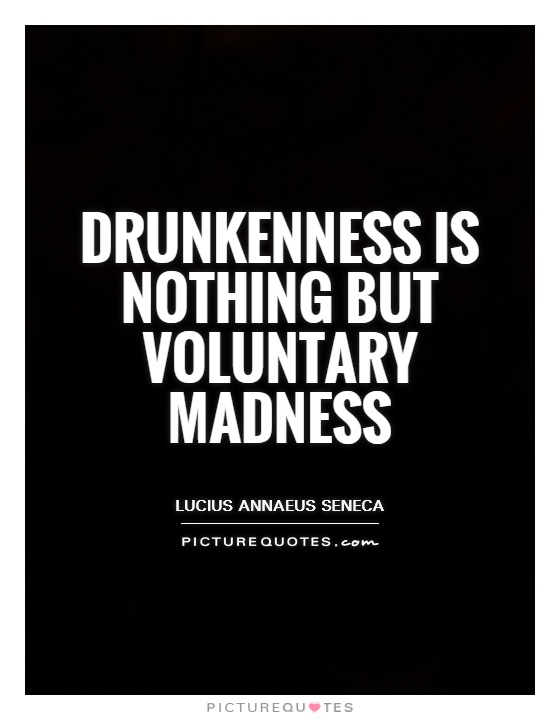
Drunkenness is nothing but voluntary madness
Lucius Annaeus Seneca, a Roman philosopher and statesman, is known for his profound insights into human nature and the pursuit of wisdom. One of his famous quotes, "Drunkenness is nothing but voluntary madness," speaks to the destructive nature of excessive alcohol consumption and its impact on the human mind.Seneca believed that drunkenness was a form of voluntary madness because it involved a deliberate choice to consume alcohol to the point of losing control over one's thoughts and actions. In his view, the decision to drink excessively was a conscious one, leading to a state of irrationality and impaired judgment.
The philosopher saw drunkenness as a form of self-inflicted harm, where individuals willingly subjected themselves to a state of mental confusion and vulnerability. He believed that inebriation clouded the mind and hindered one's ability to think clearly and make rational decisions.
Seneca's perspective on drunkenness as voluntary madness also reflects his Stoic philosophy, which emphasizes self-control, moderation, and the pursuit of virtue. He believed that individuals should strive to cultivate a sense of inner peace and tranquility through reason and self-discipline, rather than seeking solace in external pleasures such as alcohol.
Furthermore, Seneca recognized the harmful consequences of drunkenness on both the individual and society as a whole. He understood that excessive drinking could lead to reckless behavior, violence, and harm to oneself and others. By equating drunkenness with madness, Seneca sought to highlight the destructive nature of alcohol abuse and the importance of exercising restraint and moderation in all aspects of life.
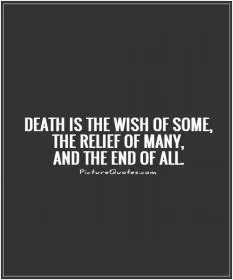
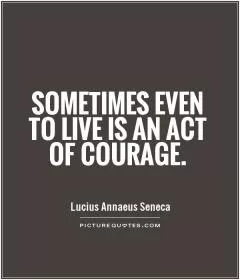
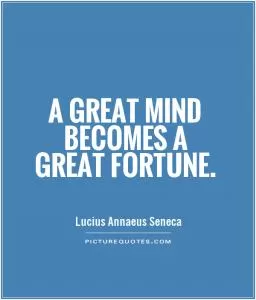
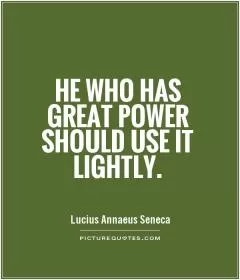
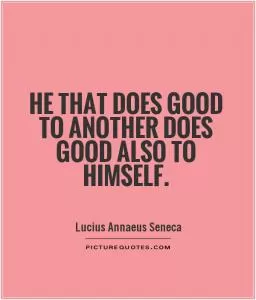
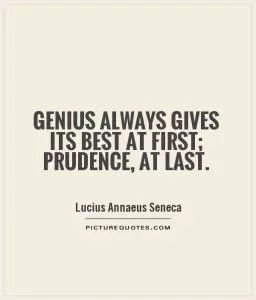
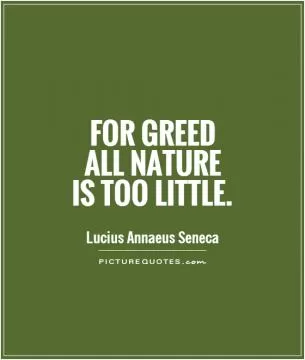



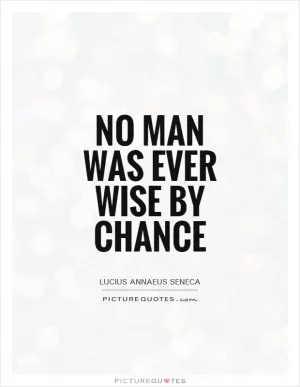

 Friendship Quotes
Friendship Quotes Love Quotes
Love Quotes Life Quotes
Life Quotes Funny Quotes
Funny Quotes Motivational Quotes
Motivational Quotes Inspirational Quotes
Inspirational Quotes